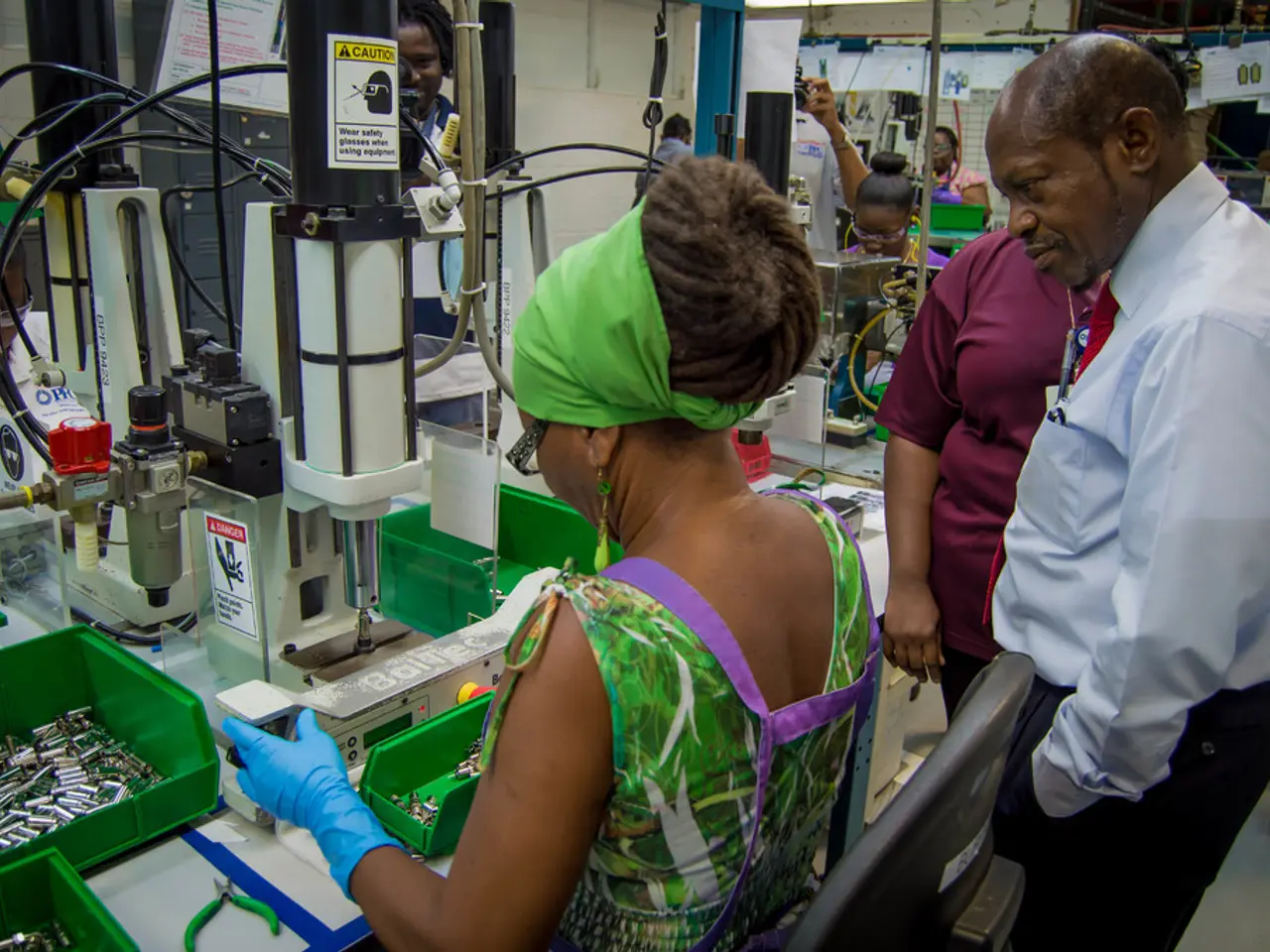Wearable Tech Boosts German Workplaces: Well-being, Productivity, and Data Concerns
Wearable technology is increasingly being utilised in German workplaces to enhance employee well-being and productivity. These devices can detect fatigue and stress early, potentially reducing absences. However, data protection and employee consent are paramount considerations.
Wearables enable real-time self-monitoring of vital signs like heart rate, sleep quality, and stress indicators. They can help employees understand their personal stress profile and promote a health-conscious mindset. Companies can use anonymised insights to develop targeted measures, such as improving break management and shift planning.
However, the use of wearables in the workplace must be voluntary and transparently communicated. Data protection, especially regarding sensitive health data, must be the top priority. While the number of companies testing biohacking technologies for workplace health care is unclear, their potential benefits are undeniable.
Wearables offer significant potential in enhancing employee well-being and productivity. By detecting fatigue and stress early, they can help reduce absences. However, their use must be voluntary, legally secure, and prioritise data protection. Companies can utilise anonymised insights to develop targeted measures, fostering a healthier work environment.








